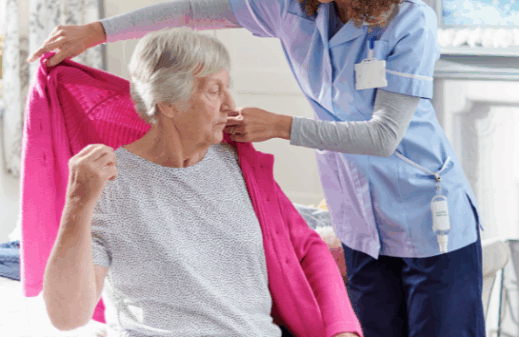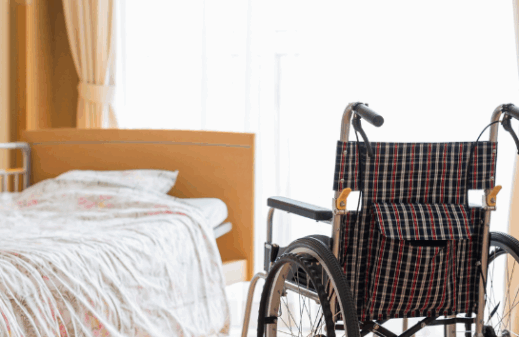Families rely on adult residential care facilities to care for their loved ones and keep them safe. That includes administering medications on schedule and as prescribed by the doctor. In recent years, many adult residential care facilities have had resident medications stolen by employees, also referred to as drug diversion. The increase in theft is largely to blame on the rise of prescription opioid abuse. In some cases, employees steal prescriptions drugs for personal use and others steal them to sell and make a quick profit. Prescription theft is a serious concern that adult residential care facilities should be working to minimize.
We have put together a list of seven steps you can implement to minimize employee theft of prescription drugs in your facility.
- Don’t skip drug testing.
Screen all incoming employees for drug use to limit the number of addicts that have access to prescription drugs. Create a random drug testing policy that allows you to pick a handful of employees each month for testing. If there are protocols in place to catch addicts, they will be less likely to apply for a position or remain in one.
- Implement a zero-tolerance policy.
While forgiveness is an important part of life, every employee that is caught stealing or knows about the theft without reporting it should be terminated and reported to the authorities. By treating it in a serious manner, other employees see that there is no opportunity to get a second chance if they are caught.
- Give employees a way to report suspicious activity.
Other employees will likely notice suspicious activity. If they haven’t been educated on what steps to take to report it, they may not find the courage to talk to their administrator. Create a system and inform employees including who they should contact, contact information, and that their information will remain confidential.
- Install security cameras.
Move prescription drugs to one common area away from residents to be stored. Install security cameras in this area so all comings and goings are caught on camera. This will help you identify suspicious activity if employees are founds with the drugs during off times.
- Limit who has access to prescriptions.
Not every employee needs access to the prescriptions drugs. Limit access by keeping drugs locked. Only provide keys to employees that have completed necessary training and are considered lead team members.
- Implement a two-person check system.
Instead of allowing one person to remove prescriptions from the secure area, require that they have a partner every time. This second person should double check the labels, watch the drug be administered, and countersign any documents confirming that all systems were followed in the process.
- Pay attention to residents.
If residents are not getting the medications they require, there will be side effects. Pay attention to residents, observe their daily behaviors, and make note of any behaviors that seem off. One of the most commonly stolen items is pain relievers. If residents are not getting the right pain medication, they will start to show signs of being in pain.



